It’s springtime! The feel of the sun on my face, warmth of the ground under my feet, and aroma of flowers emerging from their winter slumber all get me excited for spring foraging season!
Why Forage?
You might be wondering why anyone would forage nowadays. After all, there are a lot of reasons not to engage in such an archaic pastime. For one, it can be quite dangerous. Some plants are deadly and others can make you very sick. Proper identification, harvesting and processing are all required to ensure you are nourishing instead of harming yourself.
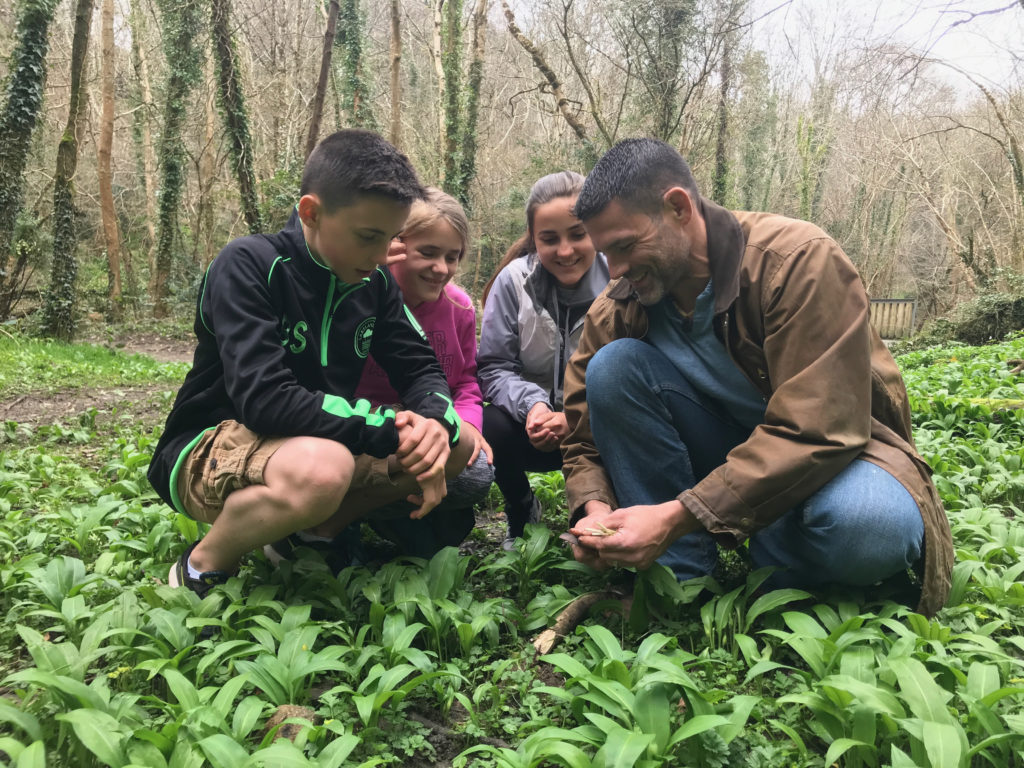
What about the Bugs?
It can also be uncomfortable to forage. Foraging can often mean battling bugs, heat, thorns and poison ivy while spending time harvesting, cutting, picking and digging a handful of food that then needs to be washed and trimmed. Why do this when you can simply purchase produce from the farmer’s markets and grocery stores?
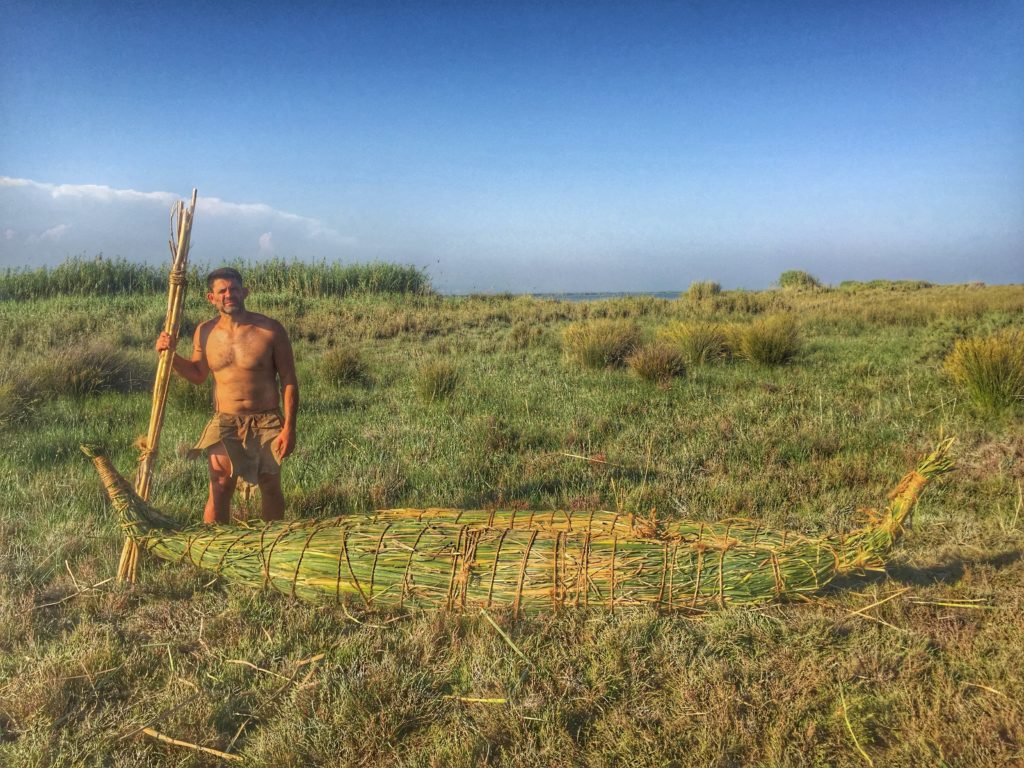
But there are toxins!
Most importantly, we know plants produce toxins as defense mechanisms and wild plants contain even higher levels of toxins than those found on grocery store shelves. In fact, the defense mechanisms of wild plants are so effective that many of us refer to the wild versions of these plants as weeds and actually spend a ton of time, money and effort trying to get rid of them (take dandelions as an example!). So, for these and a host of other reasons . . .
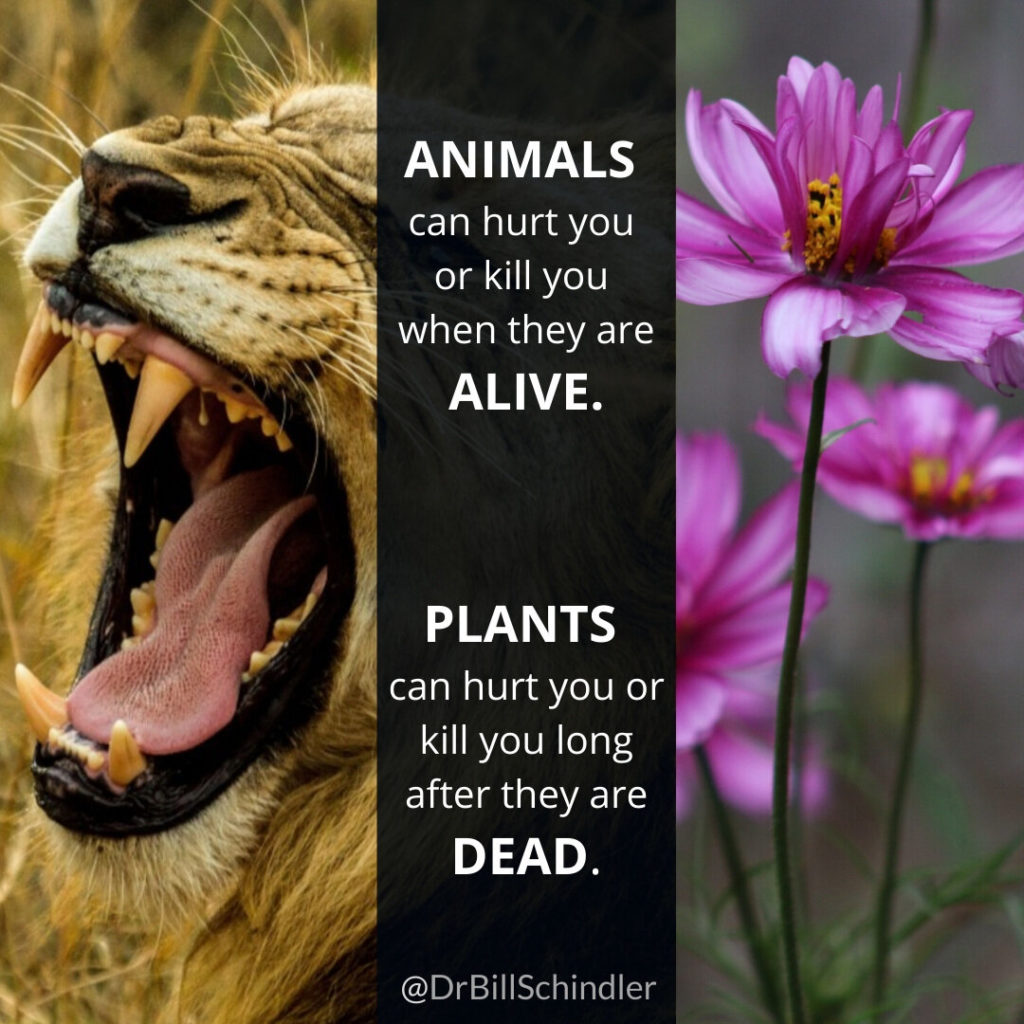
Why would you even consider spending time foraging?
Good question. Here is my answer…
- Genuine Connection. Foraging is one of the few last remaining opportunities for everyone, no matter where they live in the world, their socio-economic status, or access to resources to create a direct connection to their food. Foraging is, by default, hyper-local, hyper-seasonal, and organic (unless you are foraging in a polluted or sprayed area). Successful foraging requires you to form a relationship with the plants. Nothing is hidden from you, and all of the responsibility of identifying, harvesting, detoxifying to make the plants safe, processing to make the plants bioavailable, and cooking/plating to make the plants delicious falls on you!!! There is no more transparent food system than that! Plus, we have been foraging for millions of years so, in addition to connecting to your environment and your food, by foraging you are also connecting to your deep, deep ancestral past.
- Free nutrition. Except for the gas it took to drive to a foraging location and the price tag you put on your time, foraging is free. True, wild plants contain more toxins, but they often also contain more nutrition than those found in the produce aisle of the grocery store! And, when you learn to properly process and cook foraged foods you not only make food safe but also celebrate all the unique flavors, aromas, and textures wild plants have to offer!
- Appreciation for plant toxins. The relationship you build with plants through foraging empowers you to navigate the toxic world of plants by learning how to detoxify some and avoid others. The produce found in grocery stores are dumbed down versions of their wild counterparts in terms of nutrition, flavor, texture, character and, yes, toxins. But, the toxins still exist, even in domesticated plants. So the skills you learn through foraging can be applied to what you buy from the store or farmer’s market.
- You will never be bored! Edible and utilitarian plants exist everywhere: cracks in sidewalks, edges of parking lots, and the roadsides. And, they have different spatial distributions and change dramatically throughout the year. So, no matter where you are in the world or when you are there, there is something with which to identify, observe, and connect!
Foraging Resources
Foraging is such a huge and empowering topic that there will be many for blog posts to come in the future, but hopefully this short list is enough to get you excited to try foraging for yourself.
Here is a list of some resources to get you started:
Books about Foraging:
- Eat Like a Human: Nourishing Foods and Ancient Ways of Cooking to Revolutionize Your Health by Bill Schindler
- Steve Brill’s Identifying and Harvesting Edible and Medicinal Plants in Wild (and Not So Wild) Places by Steve Brill
- Edible Wild Plants: Wild Foods from Dirt to Plate (The Wild Food Adventure Series, Book 1) by John Kallas
- The New Wildcrafted Cuisine: Exploring the Exotic Gastronomy of Local Terroir by Pascal Baudar
- The Forager’s Harvest: A Guide to Identifying, Harvesting, and Pre-paring Edible Wild Plants by Samuel Thayer
- Shoots and Greens of Early Spring in Northeastern North America by Steve Brill
Foraging app:
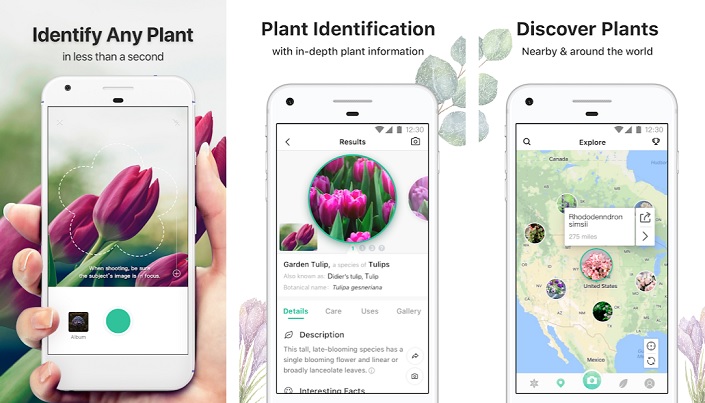
Classes:
We have two foraging classes coming up this weekend! The urban foraging class through the Hill Center in Washington DC is sold out, but we have a few spaces available in Saturday’s foraging class at the Eastern Shore Food Lab in Chestertown.
Website:
The Association of Foragers | An international professional foragers association, promoting sustainability and ecological stewardship through teaching and harvesting wild plants and fungi for use as food, drink and medicine.
Get out there and Forage – just like this bunch from Google did with Bill in the middle of Dublin! You never know what you’ll find!
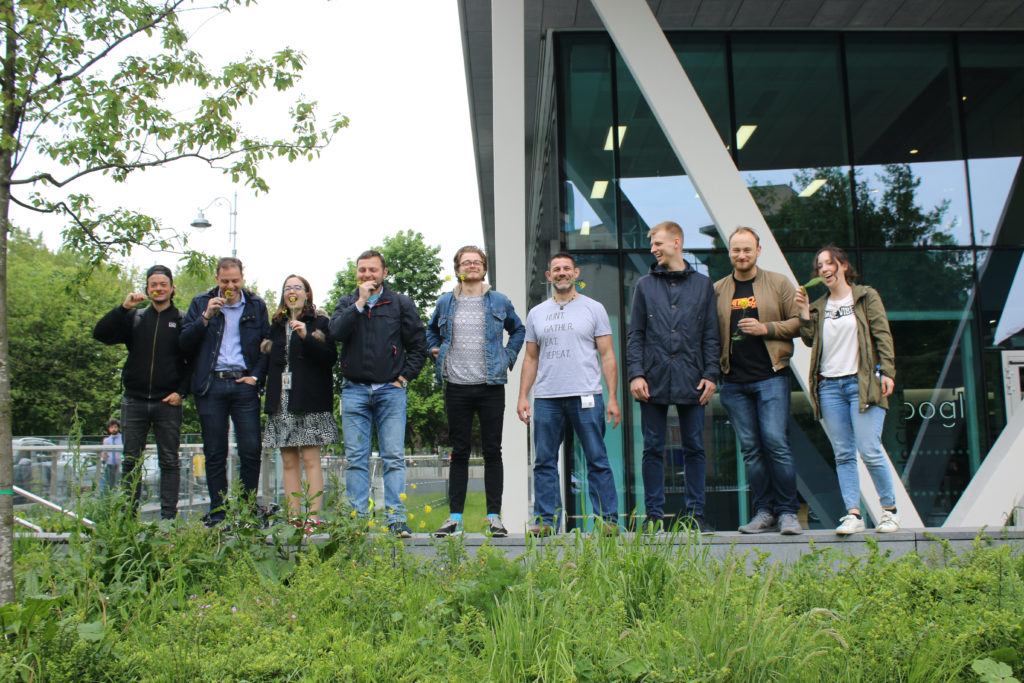
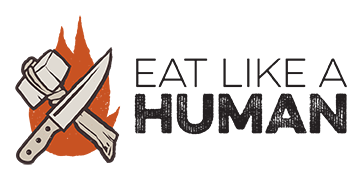
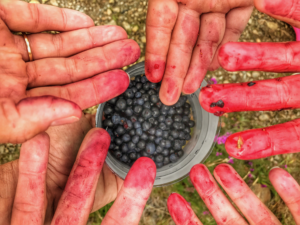
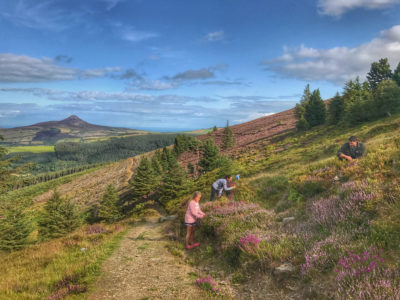
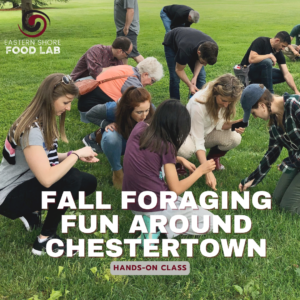
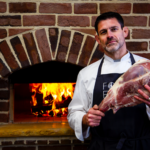
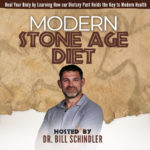
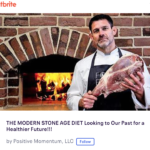
 salt part 2 | A Practical Guide to Cooking with Salt
salt part 2 | A Practical Guide to Cooking with Salt
Leave a Reply